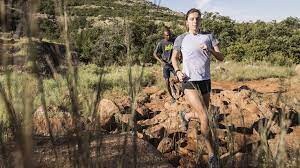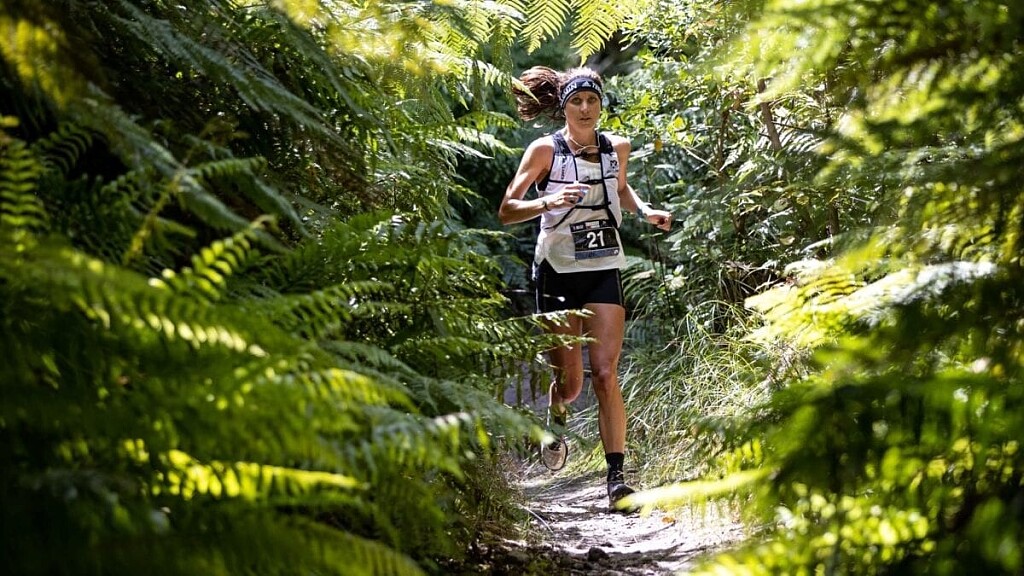Running News Daily
Running News Daily is edited by Bob Anderson. Send your news items to bob@mybestruns.com Advertising opportunities available. Train the Kenyan Way at KATA Kenya and Portugal owned and operated by Bob Anderson. Be sure to catch our movie A Long Run the movie KATA Running Camps and KATA Potato Farms - 31 now open in Kenya! https://kata.ke/
Index to Daily Posts · Sign Up For Updates · Run The World Feed
Your first trail ultra: three things to consider
So you’ve decided to run an ultramarathon–congratulations. Whether you’re coming from a pure road running background or you’ve dabbled in some shorter trail races, when you take on a distance of 50 kilometers or more by foot, you’re in for an entirely new experience.
Trail runners often describe ultramarathons as “life-changing,” and for good reason: covering such long distances, runners often find themselves running alone, in nature, up against conditions that road running simply doesn’t provide. Regardless of your running background, there are several things that every runner should consider before choosing their first ultramarathon.
1.- Your current training environment

Stepping up in distance is a challenge, so limiting new variables like terrain and altitude can help ensure success in your first ultra. Where you train should factor into the first race you choose. Unless you have access to challenging terrain, choosing a technical course for your first race is risky. Same goes for altitude; if currently live and run at sea-level, you’d be wise to choose a race in the same region for your first attempt. Fortunately, there are a number of popular races across Canada that serve as great options for a road runner making the move to ultrarunning for the first time.
2.- Start small

As ultramarathons range from 50K to multi-day events comprising hundreds of kilometers, first-time runners should be realistic about what they can successfully complete in their first race. As your pace will already be slowed on trails, consider how long you may be on your feet for any given distance. For most runners, 50K will be a big enough step up in single-day running, making it a great place to start. Once you have more ultrarunning under your belt, distances like the 100K and 100-miler will be more manageable.
3.- Your support system
Many ultramarathons allow racers support from unregistered runners accompanying them on various parts of the course. For long races, it can be crucial to have a crew to help you to the finish line, as navigating trails in harsh conditions when you’re already tired is much easier when you have someone with you. Consider who from your running network you can lean on to support you in your first race–having someone on course with you could be the key to a successful finish.
Outside of race-day support, first-time ultramarathoners should also consider the support they have in the lead-up to a race. To train for an ultramarathon, you’ll need to be out running for long periods of time, week after week. For the everyday runner with a job and family, this will take planning ahead and making sure your loved ones are on-board to support you when you need it.
by Claire Haines
Login to leave a comment




